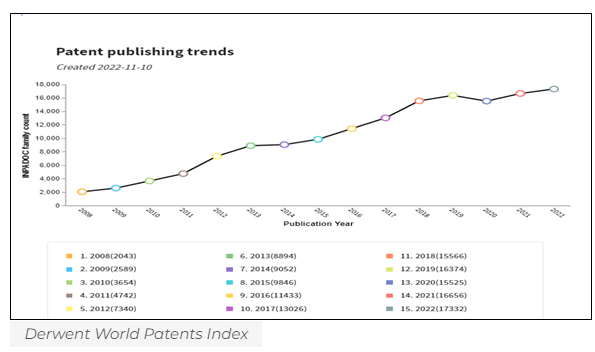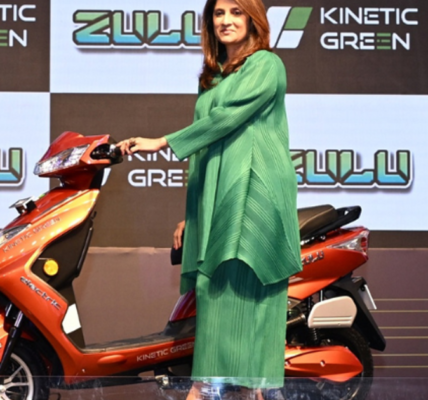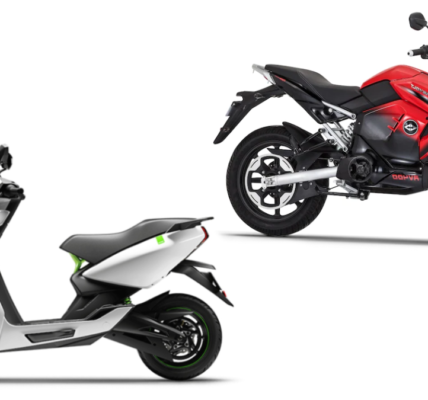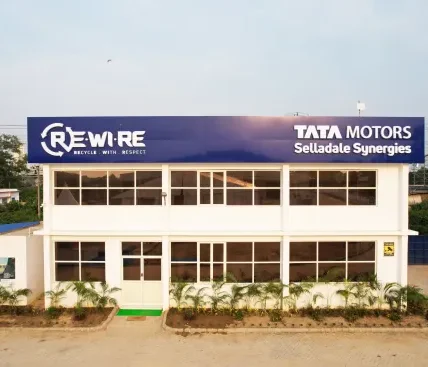The electric mobility market in developing countries such as India is rapidly catching up with global trends, despite continuing affordability challenges and fewer options in terms of models. However, this surge in electric vehicle (EV) adoption depends directly on charging infrastructure, which requires, among other things, improvement in battery life and accessibility to charging units. To answer this need and to keep pace with worldwide trends, the Indian government launched Phases 1 and 2 of the Faster Adoption and Manufacturing of Hybrid and Electric Vehicles programme (FAME) to focus on its commitment to global climate change agreements.
Under Phase 2 of the FAME scheme (implemented in 2019), the government sanctioned the installation of 2,877 charging stations – in 68 cities, across 25 states – through tenacious and expanded policy interventions at the state and central level. The programme also aims to increase sales and registration of EVs without batteries to promote an innovative and sustainable business model called ‘battery as a service’, which in turn provides opportunities to exchange expired batteries for charged ones, which required a less elaborate infrastructure compared to the installation of charging stations. India’s finance minister has also proposed a draft battery-swapping policy to empower the production, infrastructure development and financing options for batteries using advanced chemistry cells, which perform the same as, or even better than, EV batteries.
The rise of electric vehicles
Uptake of EV adoption is on the rise, with over 6.6 million vehicles sold worldwide in 2021. This trend continued into 2022 – over 2 million vehicles were sold just in the first quarter alone. EV sales in China increased threefold, while the United States and Europe doubled theirs.
Sustained policy support is one of the key reasons why development in this space is rocketing. Recent global efforts to achieve net zero are also incentivising innovation in this area, which is reflected in the steady increase of patent applications being filed on EV-related technology, including charging infrastructure. Figure 1 highlights the growth in the number of EV charging-related technology patents filed globally since 2008.
EV patent trends in India
The latest round of incentives announced by the government have already resulted in a visible increase of IP protection for charging-related technology. Indian patent filing in this space is also growing steadily, which is reflected in Figure 2.
Future growth
The global EV charging market is predicted to grow from $15 million in 2022 to $377 million by 2027, at a compound annual growth rate of 88.4%. In keeping up with global initiatives, the filing of patents in the wireless EV charging space is anticipated to grow and result in the development of more reliable, EV-compatible charging units. As seen in Figure 3, patent filings in this sector saw a significant jump in 2016 and are expected to continue rising in the coming years.
Bharat Petroleum Corporation and Hero Motocorp have announced they are setting up a large-scale EV charging infrastructure in India. IIT Madras and Kinetic Green Energy & Power Solutions are also collaborating with Bharat Petroleum Corporation to develop a battery-swapping model for EVs. Other major private manufacturers investing in the EV market include Tata Motors, ABB India, Delta Electronics India and Mahindra Electric Mobility. Automobile manufacturers such as Hyundai, MG-motors, Mercedes-Benz and BMW have also launched their own EV ranges in India. Tesla is expected to launch EVs in India and is collaborating with Karnataka’s state government to open units in Bengaluru.
Appreciating that EV sales are negatively impacted due to inadequate charging infrastructure, charging speed and insufficient battery supply, the Indian government has de-licensed EV public charging to speed up the installation of relevant infrastructure – companies are no longer required to obtain a separate licence for electricity transmission, distribution or trading in India. This, combined with the rapid pace of development in charging technology, will hopefully pave the way for EV adoption on a massive scale in the coming years, if not months.







